The short answer is: Yes, you should keep your VPN on at all times. By encrypting the traffic that you send and receive, VPNs can prevent your personal data from being intercepted by third parties. This data includes your web browsing history, physical location, IP address, and more. Any moment that you go online without VPN, this personal data is more likely to be accessed by third parties, and you are more vulnerable to cyberattacks.
Read more: What your ISP sees when you use VPN
Why should you keep your VPN on?
If you keep your VPN on, it will serve as a 24/7 passive defense against anyone attempting to access your data. Whether you’re working, sleeping, or walking the dog, an always-on VPN can help thwart potential attacks. As you browse, it also increases your privacy and provides unrestricted access to the whole internet.
How to keep VPN on all the time?
While keeping your VPN on provides you with always-on protection, the best way to do so depends on your situation:
Using a VPN app
On your phone, tablet, or computer, you can easily turn on your VPN app and leave it running at all times. Most apps have the option to turn VPN on automatically when you turn on your device, and some even have the ability to disconnect you from the internet if your VPN disconnects. This ensures that your traffic is never unprotected.
Using a VPN router
When you’re at home, you have the option of using a VPN on your Wi-Fi router. This could come in the form of VPN software installed on a compatible router. At ExpressVPN, we’ve also created the Aircove router, which has VPN functionality built-in. Using VPN on your router means every device connected to Wi-Fi—from smart TVs to voice assistants and your phone—enjoys all the benefits of a VPN, including location changes and strong encryption. With a VPN router, there’s no need to remember to connect to VPN every time you use a device. Just leave the VPN on and use it as you would any Wi-Fi router.
Aircove is available through Amazon (U.S.) and FlashRouters (worldwide shipping).
When to turn on your VPN
While it’s a good idea to keep your VPN in an always-on state, there are certain times when VPN encryption is even more important.
1. Online banking
When you’re banking online, you are accessing sensitive information such as your bank account number. Although your banking service may have strong authentication methods in place, there is still a chance of third parties intercepting with a man-in-the-middle attack and recording this information. A VPN connection removes this possibility by scrambling the information you send online to the VPN server.
2. Online shopping
When shopping online, you need to provide credit card information or at least PayPal credentials. Just like with online banking, this information can also be intercepted by third parties.
This is particularly important when you’re using a shopping app. They often store your credit card information, account details, and transaction history. If the app is not encrypted, then the data that it sends out is easy to access. By keeping your VPN on, you can stop third parties from intercepting this data.
Read more: How to stay safe when shopping online
3. Using public Wi-Fi
When you are using a public Wi-Fi hotspot, whoever is providing the Wi-Fi has access to the same information that an ISP would normally receive. With a packet sniffer, they too could get access to your browsing history, downloads, and more. Public hotspots are also more vulnerable to man-in-the-middle attacks, especially if the provider fails to change their router admin password from the factory default.
Keeping your VPN on protects you from both of these vulnerabilities. VPNs encrypt your internet data, making it harder for hotspot providers and potential interlopers from seeing your activity, even with a packet sniffer.
4. Visiting unsecured websites
By now, most websites use HTTPS, which offers greater security. You’ll know a web page is using HTTPS if you see the lock symbol next to the URL. But there are still plenty of sites that use the less secure HTTP protocol. While we advise you to leave that site, as it’s probably not well maintained and vulnerable to attacks, another solution is to turn on your VPN.
Even well-known sites and services have made the rookie mistake of sending data over HTTP, including Tinder and Clubhouse, so it’s ideal to just use a VPN whenever you go online.
Read more: The internet is safer now—but a VPN is still essential protection
5. Using peer-to-peer networks
With the rise of Web3, an increasing number of services are being delivered on peer-to-peer networks. This means instead of sharing your personal data with a single organization, you are sharing it with thousands of fellow users. Examples include torrenting and file sharing. And using such services puts your privacy at risk, as others could easily identify you by your IP address.
A VPN increases your anonymity by giving you an IP address shared by numerous users.
6. When you’re within a firewall
There are times when for one reason or another, you find yourself accessing the internet from within a firewall—for example, if your school or office Wi-Fi blocks popular social media sites or streaming services to preserve bandwidth. Firewalls work by detecting and blocking traffic from certain IP addresses and ports.
However, when you’re on a VPN, the Wi-Fi operator can’t see what you’re accessing and therefore can’t block it. So you can stream and scroll freely.
7. When you’re traveling
Traveling to a new destination is thrilling. What’s less thrilling is finding that you can’t access your favorite show or even your bank account. This happens because some services block access based on where you are located. Some countries also censor popular sites and services like Google and WhatsApp.
If you keep your VPN on, you will appear to be located elsewhere, ensuring you have access to the services you love.
Read more: Traveling this summer? 8 tips for online safety
8. When your bandwidth is being throttled
To conserve bandwidth, ISPs can slow down specific types of web traffic such as streaming or gaming—this is called throttling. This could lead to buffering, especially during peak hours. When you keep your VPN on, ISPs cannot see your activity and therefore won’t slow your traffic based on what you’re doing.
FAQ: About keeping your VPN on
What happens when VPN disconnects?
When a VPN disconnects, your real IP address and location are visible to websites you visit. It also becomes easier for third parties to eavesdrop on your connection via man-in-the-middle attacks. A VPN kill switch feature mitigates these privacy risks by disabling all internet traffic when the VPN disconnects unintentionally.
Can you leave your VPN on all the time?
As long as you have a VPN that provides unlimited bandwidth, you can leave your VPN on indefinitely. In fact, doing so will provide your device with constant protection.
How do I stop my VPN from turning off?
You could lose your VPN connection for a number of reasons.
- Your Wi-Fi or cellular signal is too unstable
- You lose internet connection (such as when going into an elevator)
- You’ve reached your VPN service’s device limit
- Firewalls and antivirus software blocking the use of VPN
While you can address each of those problems individually, there is always a chance of losing connection unexpectedly. ExpressVPN’s Lightway protocol
Privacy should be a choice. Choose ExpressVPN.
30-day money-back guarantee
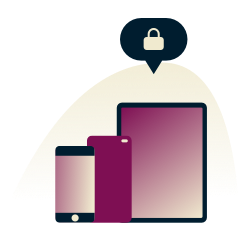
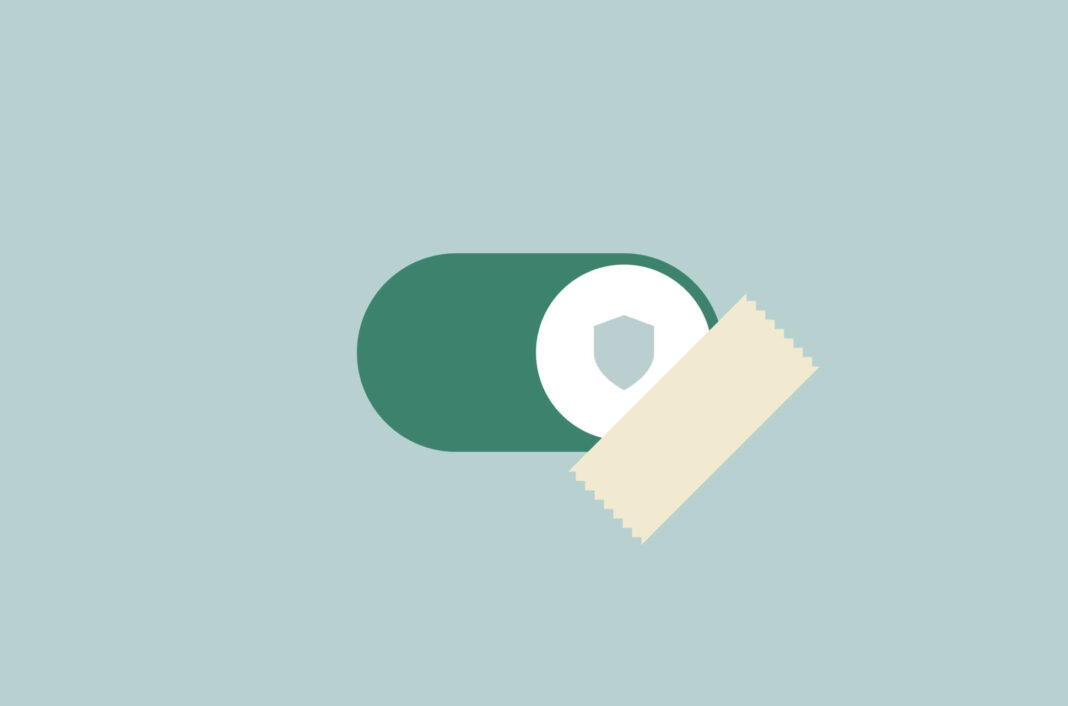
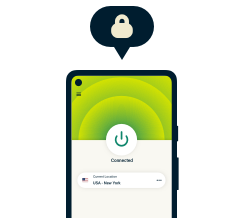
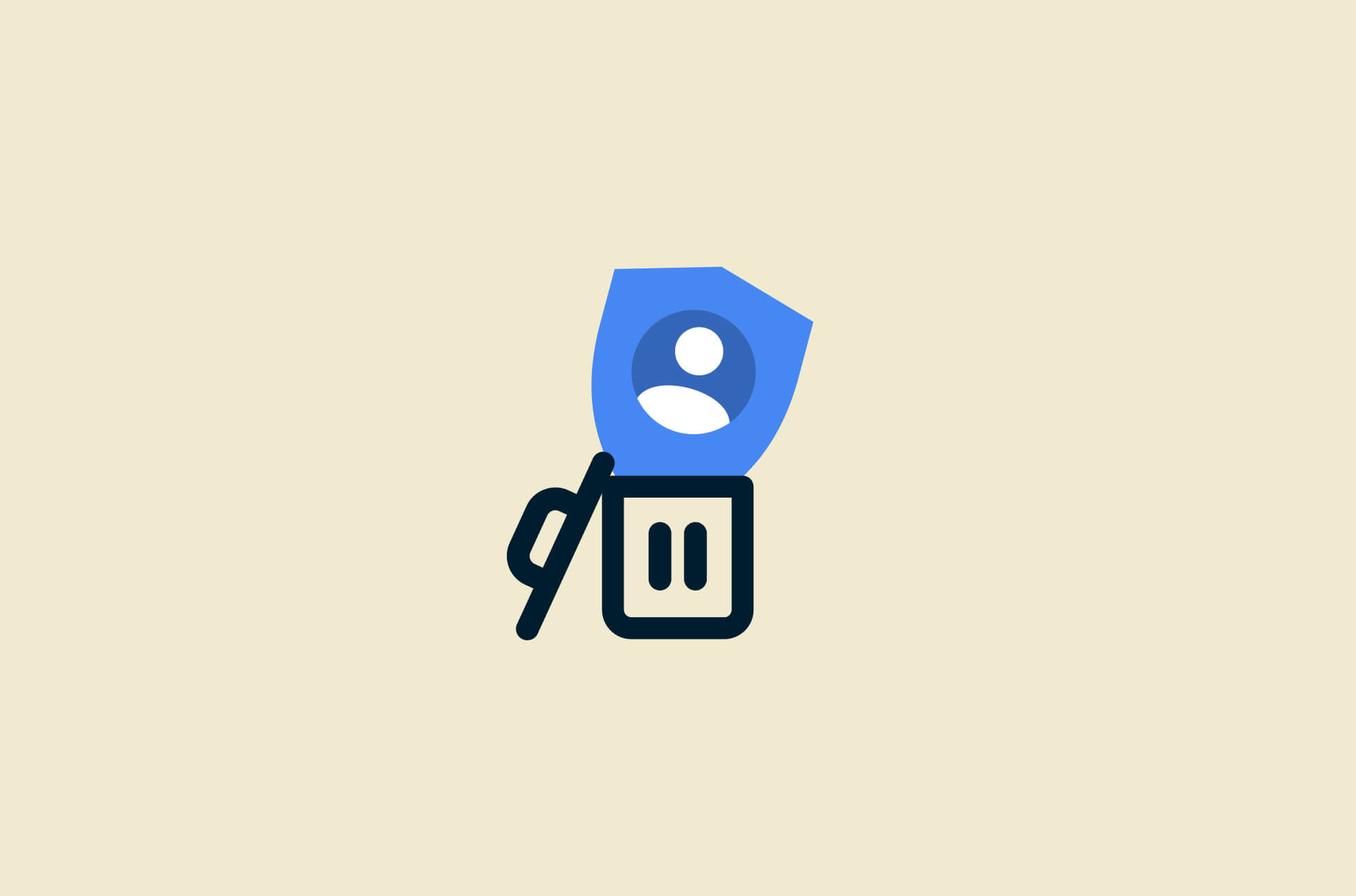













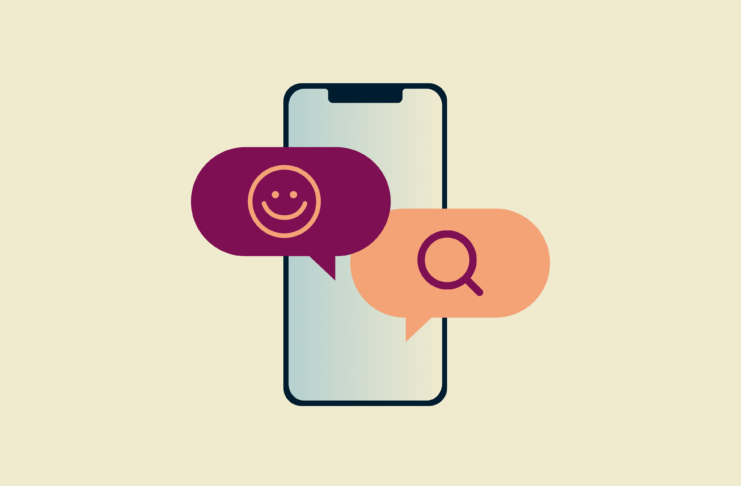
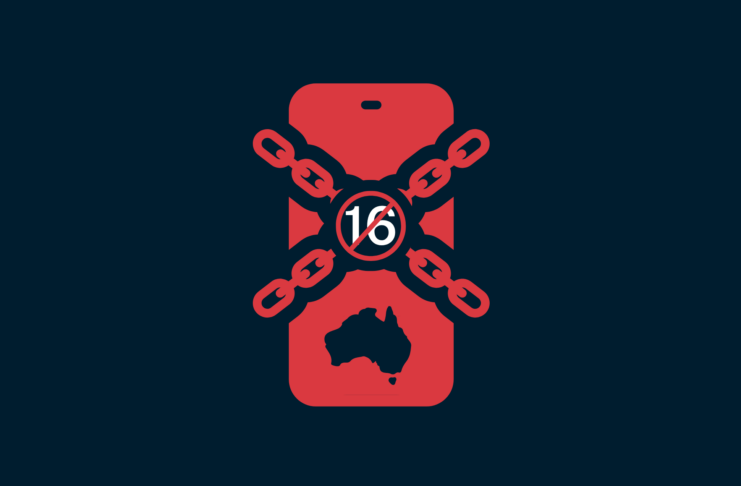
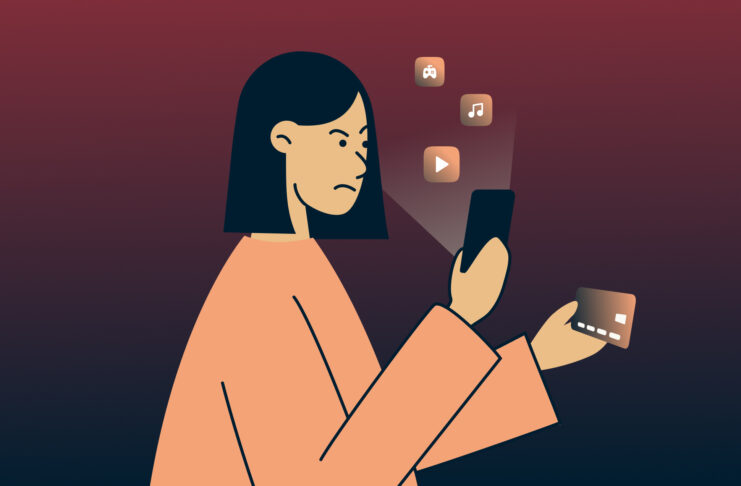
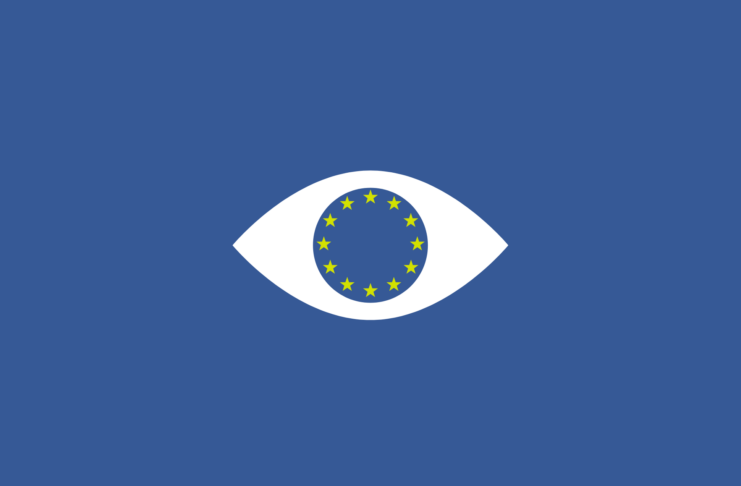




Comments
I had the same question as the original one on this chain. I do want to leave the VPN at all times, but the question is can I close out of the app after connecting? The ExpressVPN app automatically opens when I start my computer, and it shows me whether I’m connected to the VPN or not. It is not connected when it first opens it, so I push the connect button, it connects. At that point can I close that app and still be connected to the VPN? I’d like to limit the apps showing as open on my taskbar. Thanks.
Hello, yes, you can close the app, and the VPN will be running in the background. However, you cannot quit the app, in which case the VPN will be disconnected.
I want to leave the subscription, how can I do?
Hello, you’ll find the instructions to cancel a subscription here: https://www.expressvpn.com/support/manage-account/cancel-expressvpn-subscription/
My State makes me turn my VPN off or I can’t access their site.
I can not print when my vpn is on. I have to turn it off to print. Why?
Here is some info on this matter: https://www.expressvpn.com/support/troubleshooting/restore-lan-access/
My telephone is registered in the Bahamas so I am not able to use 2 step authentication for my Google or ring accts. Do you have a workaround for this issue. I tried to use Bahamas vpn but that did not work. Do I need to turn off vpn to bypass the system?
Leaving it on all the time is a great idea, except when doing so keeps you from getting to a website. I have a problem that ExpressVPN has not been able to solve yet. I live in middle America yet there is a website that thinks I am outside the U.S. while I’m connected to the VPN, and this particular website currently only allows people from the U.S. to use it. So in order to get to the website I have to disconnect the VPN.
Did that to me too first,,,, but! no need to turn it off, While in Texas,,, I change VPN state, to NJ or California, NY or Arizona,,
While in Canada, my VPN will be USA or Europe, doing so, will get Europeen news,
Will get different film offer or so, commercial from Germany or Ireland and so on, I change them often not keeping same place, got 5 units 2 phone 3 computer, each connected to a different country, and change them weekly,,, They really don’t know where we are. If I want USA news while in Canada put VPN NY or Arizona,,, got like five or more US states to chose from. Same Canada. Work fine by me. Good luck, and be safe.
Ot says my VPN is not connected I pay for this every month.
ExpressVPN causes e-mail to send failure, thus i can NOT keep in engaged full time 🙁